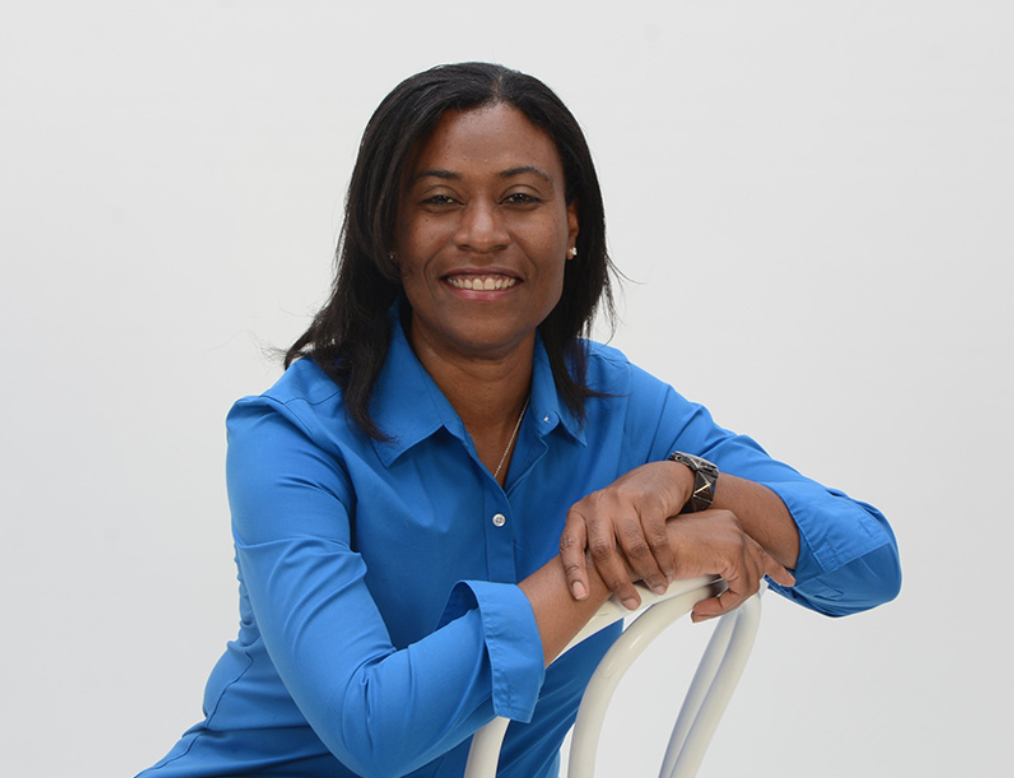New faculty profile: Natasha Rayne focuses on soil fertility and nutrient management

Natasha Rayne joined the Department of Soil Science as an assistant professor and extension specialist in January 2024.
What is your hometown? Where did you grow up?
I was born and raised in Suriname, South America.
What is your educational/professional background, including your previous position?
I earned my bachelor’s in agronomy at the Anton de Kom University of Suriname. After graduation I worked as a post-harvest quality control manager, a farm manager, and later as a project manager for an NGO working with subsistence farmers. Following this I pursued my master’s degree followed by my PhD in soil science at Oklahoma State University. After earning my PhD I joined the faculty at the University of Wisconsin-River Falls in January of 2015 and remained there until joining the Department of Soil Science here at UW–Madison last January.
How did you get into your field of research?
I grew up on a hobby farm where we raised livestock and did vegetable gardening. This is where I developed my love for agriculture. In graduate school, however, is where I developed a curiosity for soils, specifically nutrient cycling in soils.
What are the main goals of your current research and outreach programs?
The goals are to increase nitrogen recovery from manure through improved application timing and methods, and to increase nutrient use efficiency in cereal crop production using site-specific nutrient management and variable rate technology.
What was your first visit to campus like?
I visited campus for the first time in my first year as faculty member at UW-River Falls. We were in Madison for a conference and what struck me was the symbiosis between campus and the city. The campus is within the city and part of the city – and not isolated from it. What a great symbol of the Wisconsin Idea.
What’s one thing you hope students who take a class with you will come away with?
Soil is amazing!
Do you feel your work relates in any way to the Wisconsin Idea? If so, please describe how.
Yes, absolutely! In my work I have the privilege to interact with producers, consultants, and industry collaborators. I take their issues and incorporate them into research projects. It is exactly this that brings me so much joy – the ability to do applied research. Because it gives me an opportunity to better people’s lives and livelihoods. This in essence is the Wisconsin Idea – education affecting people beyond the classroom.
The pandemic forced us all to reconsider many things we took for granted. Is there something you’ve learned that has helped you through these challenging times, personally or professionally?
The pandemic taught me how much we need each other and how important it is not to take others for granted. We all remember terms and phrases like social distancing, physical distancing, isolation, and self-isolation – common phrases during the pandemic. When we couldn’t gather and physically be in one place is when I realized how important relationships are to my growth and well-being.
What’s something interesting about your area of expertise you can share that will make us sound smarter at parties?
Soil is at the heart of agriculture and how we treat it affects crops, the environment, plus animal and human health. Studying therefore how the soil, crops, and the environment respond to what we amend the soil with will help us make decisions that will not only improve productivity but also reduce environmental impacts and make agriculture more sustainable in the long run.
What are your hobbies and other interests?
I love going to cultural events like plays and musical performances. I love performances with a message – performances that make you think and make you want to be a better person.

